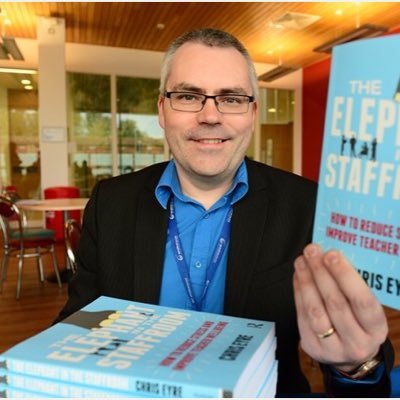The Parable of the two sons
- Chris Eyre

- Apr 29, 2025
- 3 min read
Updated: Nov 9, 2025
One Biblical story I’m fond of is a parable that Jesus tells in Matthew 21 (verses 28-31). In it a man asks his two sons to do some work in his vineyard. The first one initially refuses then thinks better of it and goes. The second says he will go but doesn’t. “Which of the two did what his father wanted?” asks Jesus. Obviously, it’s the first son.

I connect to this story because – and this may come as a shock – I can be a bit grumpy and slow to respond when volunteers are needed. I am the tortoise to your hare, the Eeyore to your Tigger, the cold bucket of water to your over-excited puppy. Caution rather than over-excitement is my preferred working style.
But enough about me, this parable gives us some valuable thoughts for the various organisations where we work or where we volunteer.
Firstly, we see that enthusiasm and words alone are not sufficient. This is a problem in organisations where interviews are the primary way of filling positions and promotion. Interviewing is about appearing keen ‘I’ll do it, pick me!’ says the second son. This may or may not result in a good appointment. I remember chatting to a friend who was a senior manager in education. His senior team did a psychometric test and it turned out that they were all very creative and enthusiastic but were not completers – so cue lots of initiatives and ideas which were quietly discarded and replaced by different ideas the following year.
The story also reminds us that people are very different. Some people may initially say no because they are less confident than those who say yes quickly. I have worked with a number of people whose first response to being asked to step up was that they weren’t sure they could do it – actually they could and the hesitation was a sign that they recognised the seriousness of the role. Similarly others – perhaps those who are more introverted – might just need a bit more time to process and think about what they are being asked to do. Asking quieter people whether they would like time to think about things is a useful thing that we can all do.
What is also interesting in the story is that both sons change their minds. Perhaps the father in the story had an idea what answer each of the sons would give – yet he still asked the question. Similarly we might make assumptions about what a person will or won't do that and we may be right, but people are complex; sometimes people change and our initial impressions formed long ago may no longer hold. It is good to give them the opportunity to surprise us. This is particularly true when I think of people I have worked with or volunteered with over a long period of time. They have grown over time. So people will often surprise you – for better and for worse.
So I suppose I am providing a defence of the first son. Of course, the first son is far from ideal. It would have been even better if he had said yes straightaway and then gone. He may even have got more work done! But that said actually getting things done, even if quietly and slowly, counts for more than empty words of enthusiasm and it's important to recognise that in our workplaces and voluntary organisations.



Comments